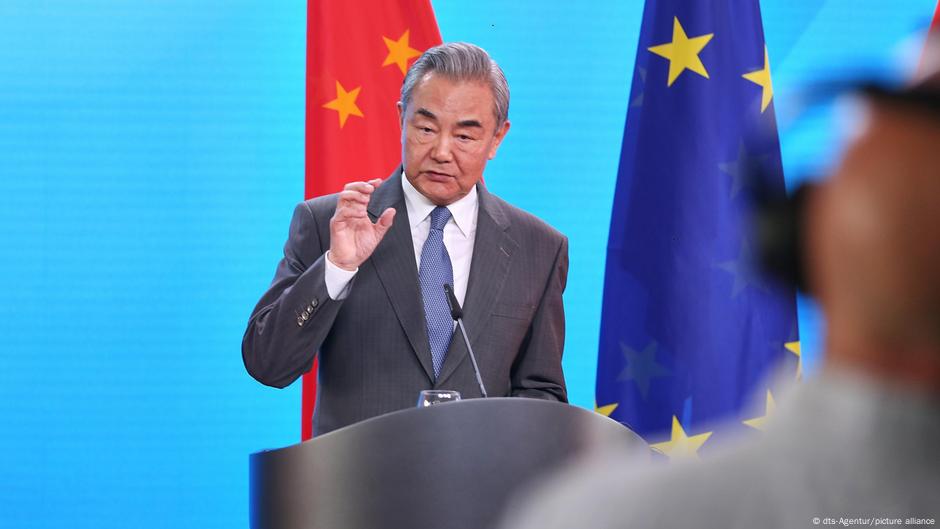The odds of a breakthrough to resolve trade frictions at next week’s EU-China summit in Beijing appear slim after China cut the planned two-day talks to a single day.
[…]
The European Union’s €400 billion ($467 billion) trade deficit with China is driving the dispute, fueled by restricted access to the Chinese market for EU producers. China’s industrial policies favor domestic suppliers, who benefit from huge subsidies, access to government contracts and favorable regulations.
EU officials say these policies have caused significant overproduction, leading to the “dumping” of cheap Chinese electric vehicles (EVs) onto the EU market, harming the domestic auto sector.
“The scale of China’s economy — the scale of subsidies, overcapacity and government intervention — is immense,” Bachulska said, adding that, without “serious action” to protect Europe’s auto industry, the EU risks “partial deindustrialization” within a few years.
[…]
In April, the concerns about China’s trade practices led the European Union to create an Import Surveillance Task Force to help protect the bloc’s internal market, which could trigger EU anti-dumping duties or other safeguards.
The task force promptly noted an 8.2% increase in China’s exports to the European Union in April, compared with the same month in 2024, which it attributed to Chinese exporters diverting US exports to the EU to avoid Trump’s higher tariffs.
[…]
Some EU observers see US President Donald Trump’s tariffs, which helped upend decades of close trans-Atlantic relations, as an opportunity for the European Union to reset ties with the world’s second-largest economy. Faced with major disruption to its US trade, they say China needs Europe more than ever and can be pushed to offer concessions during next week’s summit.
“I think these voices are very naive,” Bachulska said. “China has won the first round of the trade war with the US, and there is a strong feeling in Beijing that time is on their side” in negotiations with the EU.
[…]
Some analysts say the European Union continues to underestimate the economic threat from China and has failed to adopt a tougher approach to counter some of the country’s unfair trade practices.
“There’s a tendency to sideline China-related issues in Europe because we just have so many things on our plates,” Bachulska said, referring to the Ukraine war and the EU’s trade dispute with Trump. “China seems just to be a geographically distant challenge … [but] many of the impacts of Chinese policies are going to be felt in Europe very soon.”
Thou shan’t have affordable goods from China


